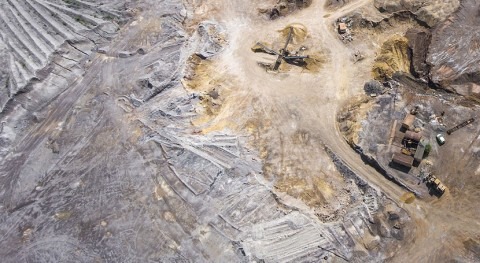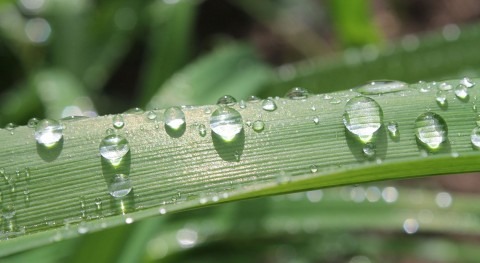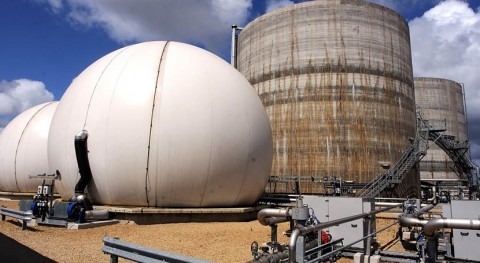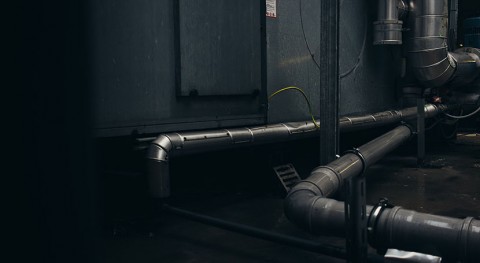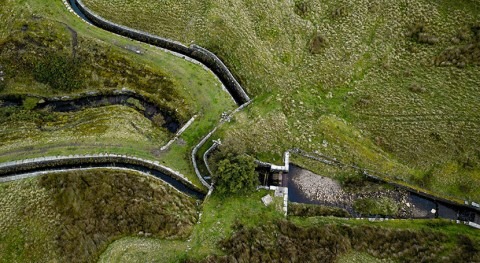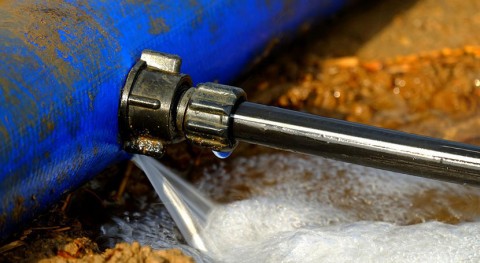Northumbrian Water has begun installing rainwater harvesting tanks around some of its larger offices, to collect and store rainfall from the roof of the buildings.
Capable of holding up to 2,300 litres each (or around 28 bath tubs full), the tanks are used by the company′s jetting fleet, who fill up their specialised vehicles with the rainwater, instead of using clean, drinking water to flush out the sewers.
In 2018, around 12,000 blockages had to be cleared across the North East, made up of things wrongly put down the drains, including wet wipes, fats, oils and greases.
Often these blockages can be cleared by shooting a jet of high-pressured water through the sewer network to break up the clog, which also cleans out the inside of the pipe to prevent further build-up and damage.
However, using drinking water isn′t the most sustainable method and while climate change threatens to limit water resources, it can also bring about more frequent flooding.
Part of the company′s ‘Rainwise′ initiative, the rainwater harvesting tanks can help on both fronts, collecting the rainfall ready for use when necessary, while freeing up the capacity in the network during storms.
The water company is also encouraging customers to get ‘Rainwise′ at home, by making small changes to homes and gardens that can help save water and manage rainfall locally, by adding water butts and rainwater planters.
Northumbrian Water′s Sustainable Sewerage Manager, Steena Nasapen-Watson, said, "Historically, we′ve filled up the tanks on our jet vans with clean water from water hydrants to help keep the sewers flowing freely, but this isn′t the most sustainable way to manage our network.
"Water is a precious resource and when it comes to clearing blockages in the drains, we don′t need to use high-quality drinking water. By adding these rainwater tanks, we can ensure the best use of water resources, storing storm water for when we need it."
For more information about Northumbrian Water′s Rainwise initiative, see this.










